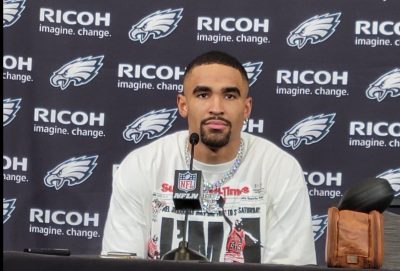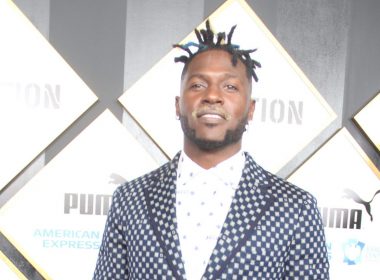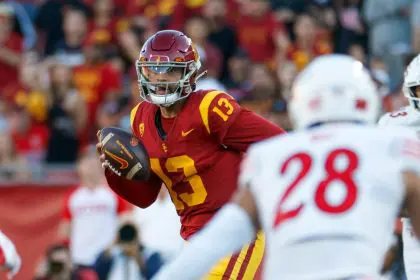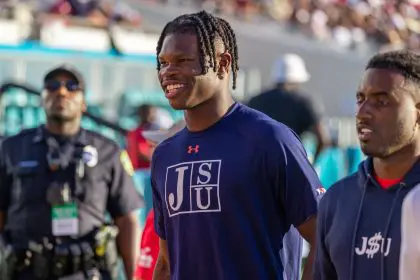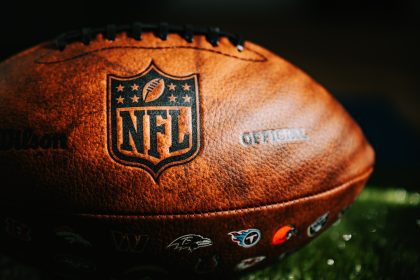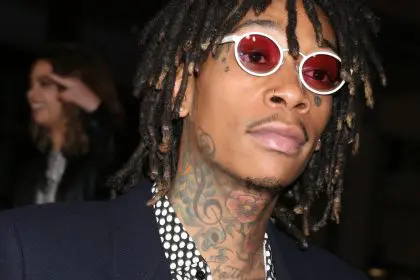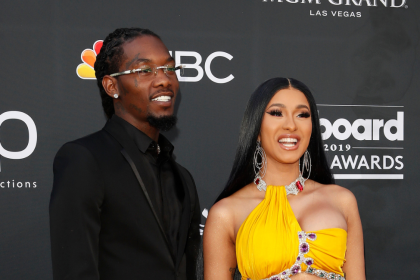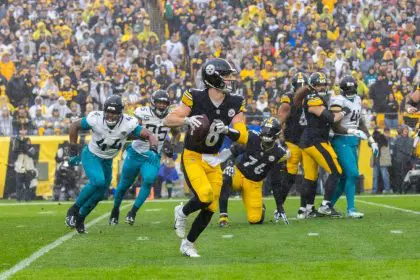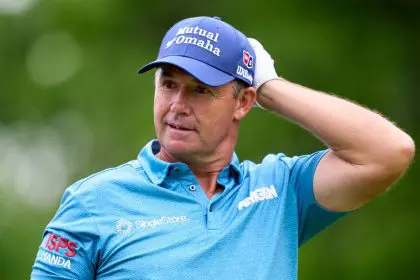
Laws, policies, and attitudes around marijuana all seem to be changing. President Obama has even reportedly said he believes marijuana to be no more dangerous than alcohol. In June 2015 the House of Representatives voted to slash the Drug Enforcement Agency’s budget, halving the allocation for cannabis eradication. Truth be told, the agency’s dwindling budget probably is the main reason it recently failed to re-schedule marijuana, and also recently criminalized another medically-useful herb, kratom. In May, the House voted to allow doctors to recommend medicinal marijuana to veterans in the 25 states (and Washington, D.C.) where it is legal. Now 20 NFL teams play in states where some form of marijuana is legal—and that number will grow.
An Associated Press poll in March found that 61% of Americans favor cannabis legalization. Coincidentally former NFL running back and poster child for therapeutic marijuana use, Ricky Williams believes 60-70% of NFL players and several coaches smoke marijuana.
Though many argue the league is behind the times, NFL policies for performance-enhancing drug use handle marijuana less strictly than all other substances. It would make sense to essentially have two policies if marijuana isn’t thought to help players improve their game, but what happens if players claim marijuana use before kickoff helps them gain an edge during the game?
There’s a growing movement among former and current NFL players calling for the league to lift its ban on marijuana, and players are becoming more willing to take their chances. As the pro-football season wraps up Week 2, 18 athletes are sidelined for unspecified substance-abuse violations, which sports agent Brian Fettner says “is almost always marijuana.”
Some health professionals, such as the lead investigator on an FDA-approved cannabis trial study, Dr. Sue Sisley, M.D., see the benefits of players using marijuana.
“Nothing gave him relief — including opioids,” Sisley recounted her recent treatment of an NFL patient suffering from a rotator-cuff tear. “He was on the bench because he was nonfunctional on the field. Side effects from the medicine had him so sedated that it was literally dangerous for him to play. He was frustrated and lost his position and lost credibility. He tried cannabis and actually got back in the game. He is currently playing now. That is a common scenario.”
The toll on players’ bodies has become extremely greater over the years as they have become much stronger and faster. Therapeutic relief aside, there’s still the issue of whether using a substance improves performance — one of the main reasons to ban it in the first place. Several players recently told the New York Post that they smoked marijuana as part of a strategy to enhance their performance on game days. Nate Jackson — who retired in 2009 — believes marijuana doesn’t just ease pain.
“I became a better athlete from it,” says Jackson. “Marijuana improved my hand/eye coordination. Being high on cannabis allowed me to see the game on a different level. It made me a more creative player.”
Jackson’s memoir, Fantasy Man, comes out today Sept. 20.
“I could not breathe real deeply without pain,” Jackson recalled one particularly brutal game that ended with a trip to the emergency room for a rib injury. “But I stayed in bed, smoked marijuana, and healed in just a couple of days.”
It also kept him off of joint-damaging anti-inflammatories and addictive opioids such as OxyContin — which is “eaten like candy” in the NFL, Jackson says.
“The dreaded end result [of being prescribed an opioid] is needing 400 milligrams a day just to feel normal,” says Dr. Sisley. “I’ve seen professional athletes graduate to heroin because they can’t keep getting OxyContin.” On the other hand, she adds, “Many players have been able to get off opioids completely by using cannabis as monotherapy.”
Over the past decade, the NFL has increased the level of scrutiny in testing protocols.
“You strip down [so you are exposed from] your knees to your neck,” says Jackson. “A guy stands right next to you…and watches you pee. Having an old man with a mustache staring at you does not make you want to pee. You have four hours to do it. If you can’t, you fail the test…There is a police-state mentality in the NFL.”

